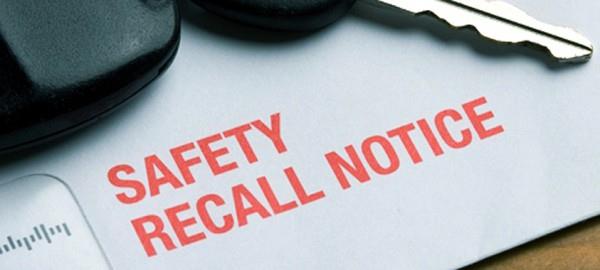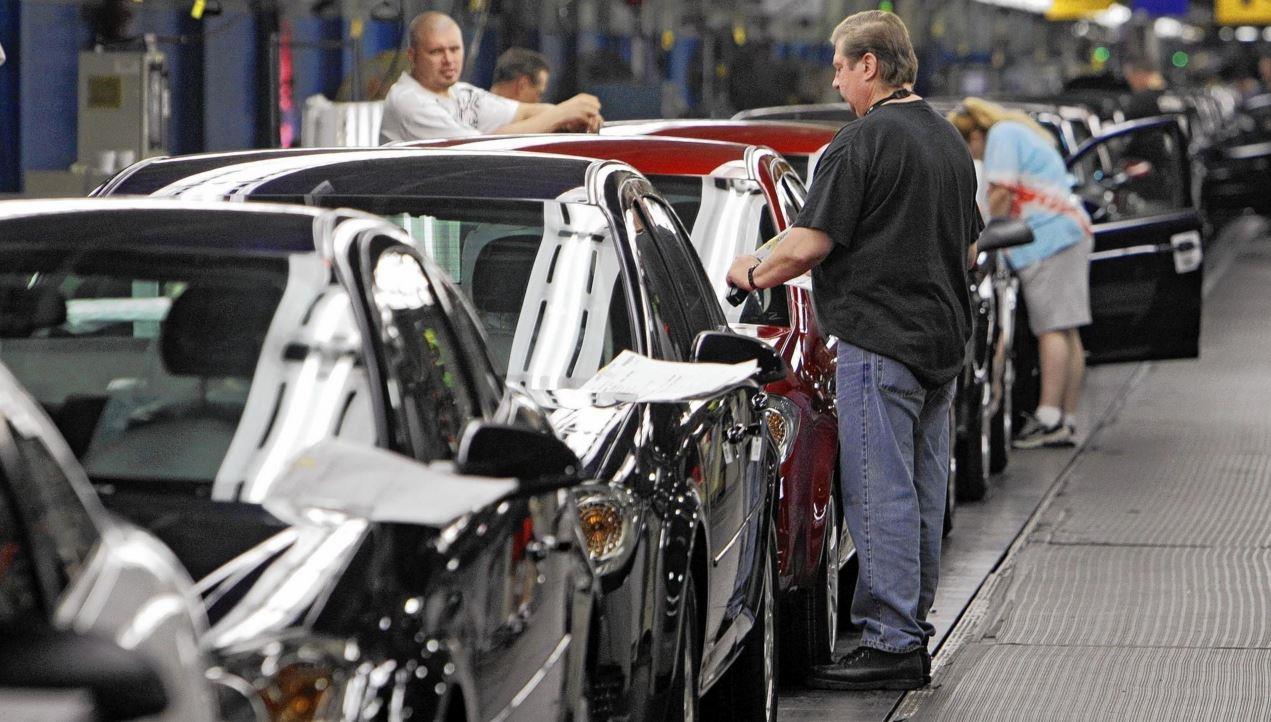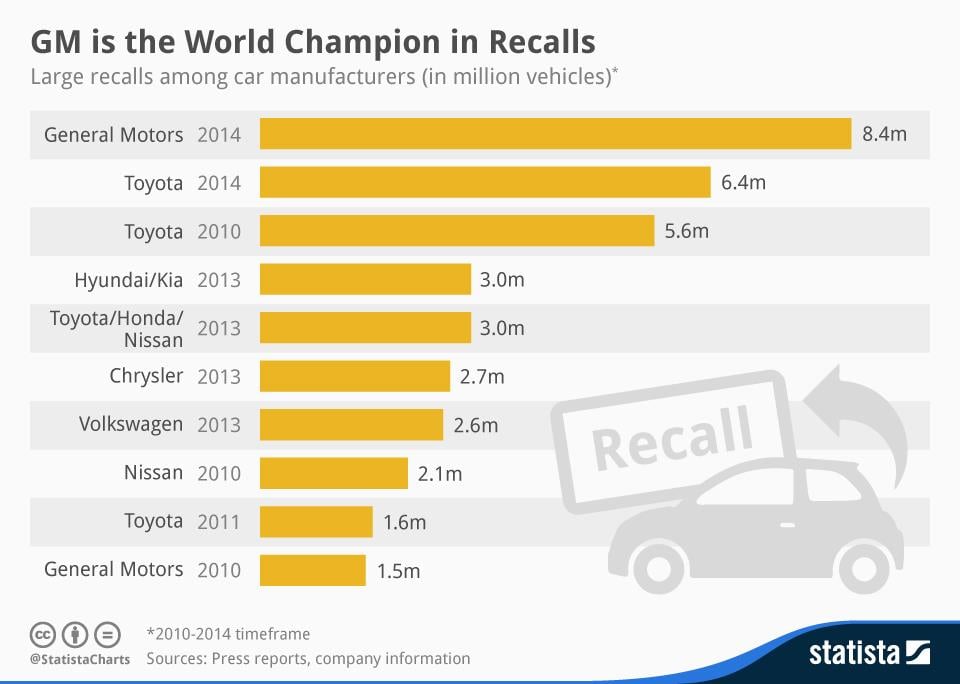
Recalls have been in the news a lot recently, haven't they? But we reckon there are thousands of people out there that still don't really know much about them. Should you care? Are they a worry? Sit back, relax and be calmed by the MicksGarage Guide to Recalls.
What is a recall?
Put simply, when a particular car part becomes prematurely defective - and it is found to be the case on a widespread basis - the car may become the subject of a recall. That means the car manufacturer will get in touch with all of the registered owners of a particular model to arrange a suitable date to have the car brought into a repair centre to remedy the problem.
 Is it up to the manufacturer?
Is it up to the manufacturer?
Although type approval agencies around the world monitor the situation to ensure that cars continue to conform to their type

approval, it's most often the case that the vehicle manufacturers discover issues that need to be remedied first, through their service networks. The onus is then on the manufacturers to notify their local type approval agency, and then for that agency to notify those in the rest of Europe. In Ireland, the organisation responsible is the NSAI (National Standards Authority Ireland).
How does this happen?
Car development and manufacturing is a heinously complicated industry. For starters, it's difficult during the development phase to completely mimic all real-life driving scenarios and styles that a car may be subjected to during its lifecycle. On top of that, tolerances or specifications on a component may change during manufacturing, unbeknown to the car maker.
Are recalls dangerous?
Not always, no. Although the recent Opel Zafira recall situation came about because of the rather dangerous risk of fire, very few recalls are so headline grabbing. They can be for something as innocuous as a faulty electric window, or, as we're seeing from Volkswagen, emissions software that 'cheats' the initial type approval tests. There are dozens of recalls every year that we never hear anything about. Only those that have caused injury or death, or those that apply to millions of cars really get noticed by mainstream media.
 How much does it cost to fix?
How much does it cost to fix?
Worry not: Europe-wide legislation states that the cost of any repair or adjustment during a recall must be borne by the vehicle manufacturer. The law does not, it seem, extend to providing a car while the owner's car is being repaired, so it's worth checking that before dropping your recalled motor off for fixing.
Can I check if my car is involved in a recall?
Yes, it's quite simple. Go to
http://www.vosa.gov.uk/vosa/apps/recalls/default.asp and enter the car's details (that's for the UK equivalent of NSAI, but we don't believe there's such a tool available just for the Irish market - the data is relevant across Europe).
Is it important to get recall work done?
Yes, very. Technically speaking, if your car is subject to a recall then it means it is not meeting its official type approval. It may be for something small, but it's best to get the work done to prevent future issues with insurance claims or even reselling the car as any tenacious car buyer will research whether a particular model was subject to recalls.